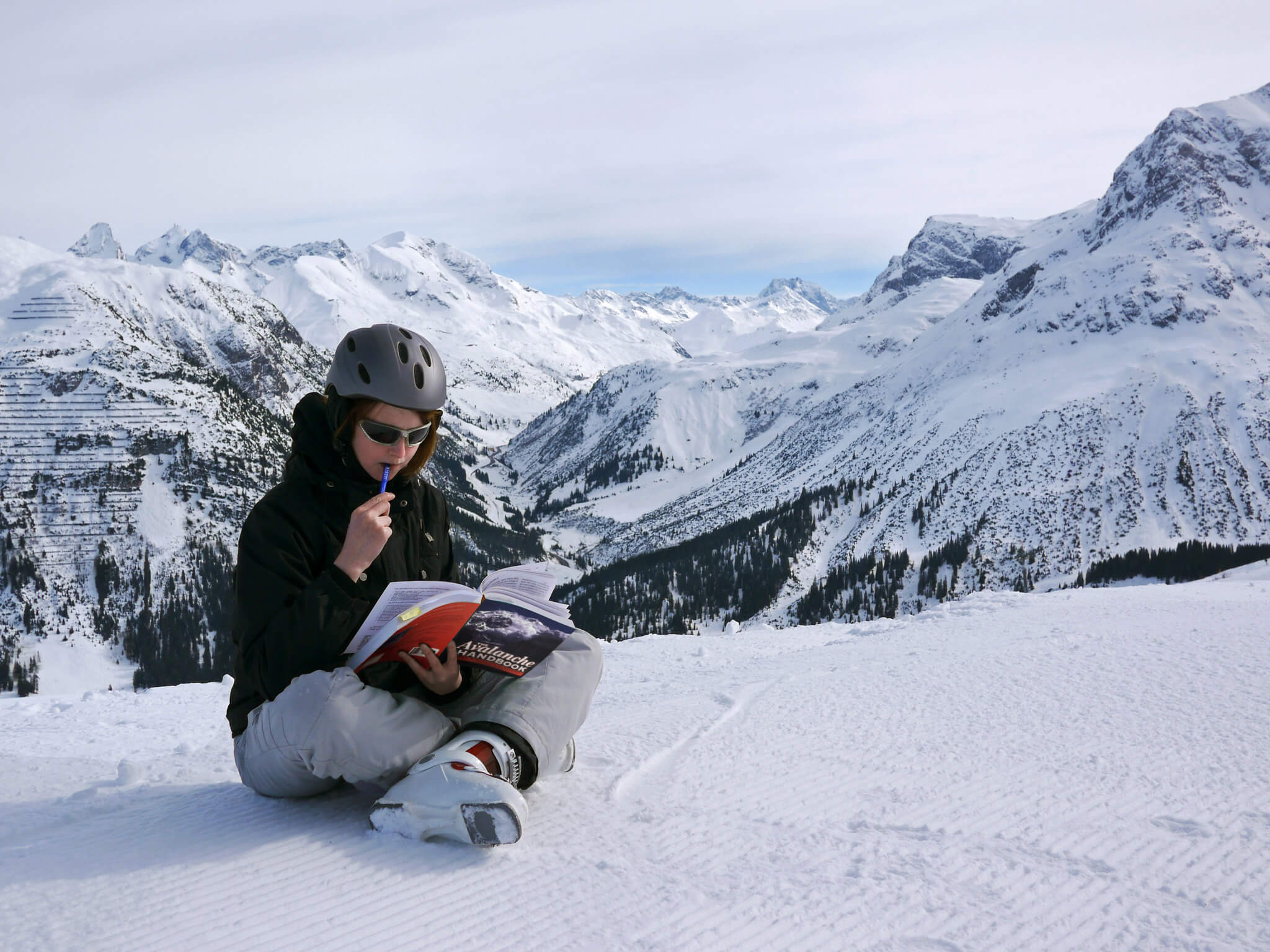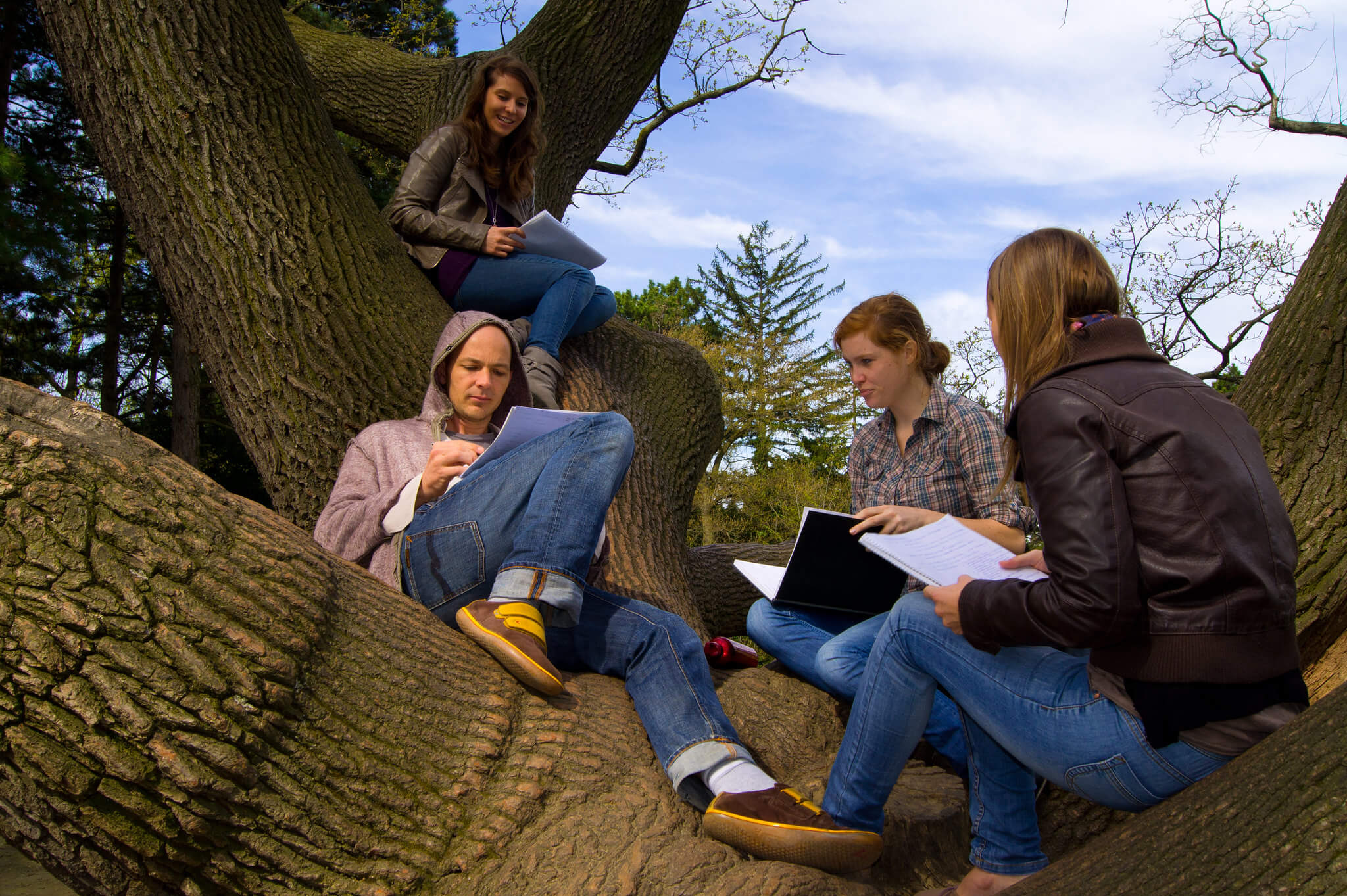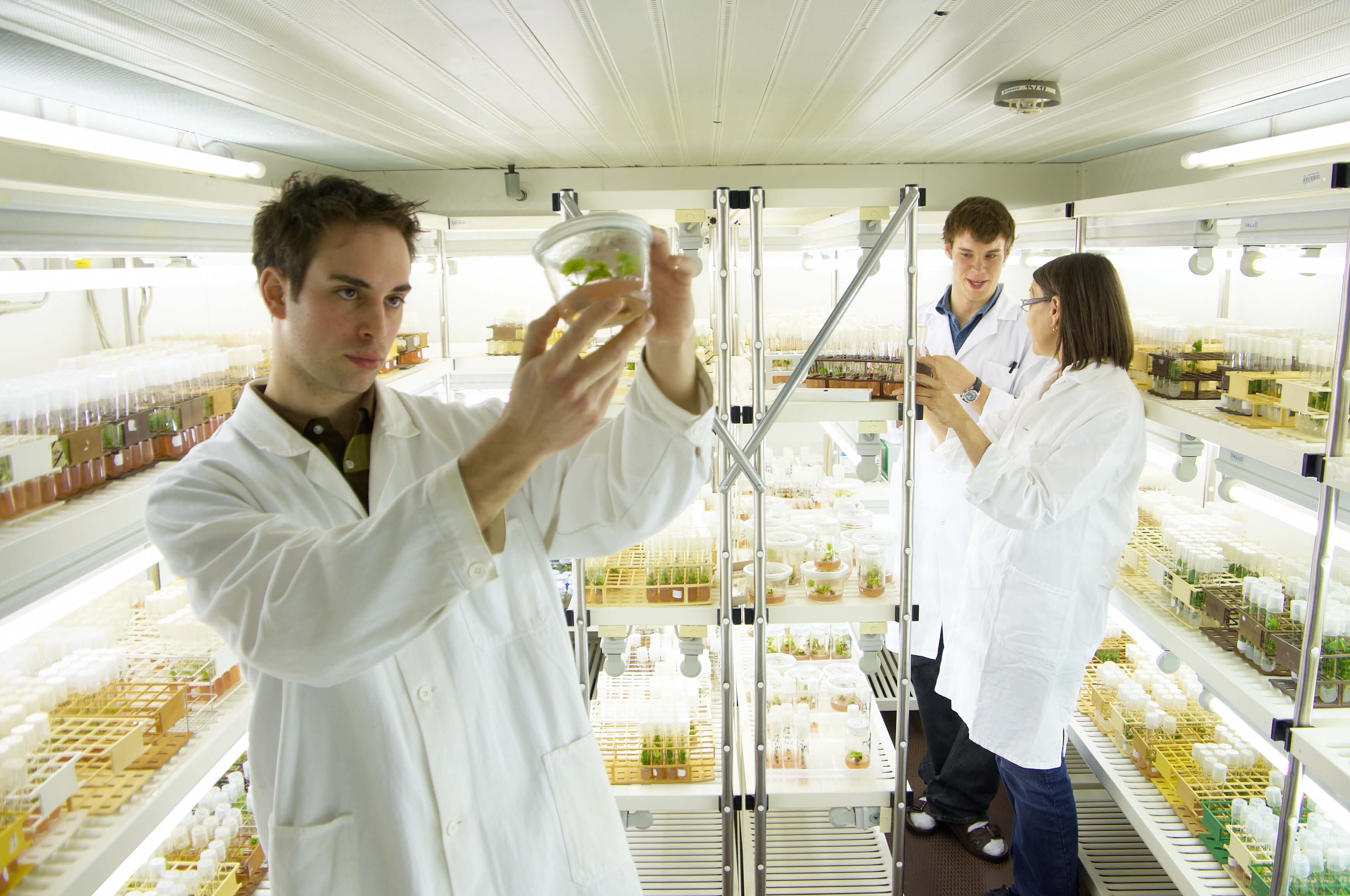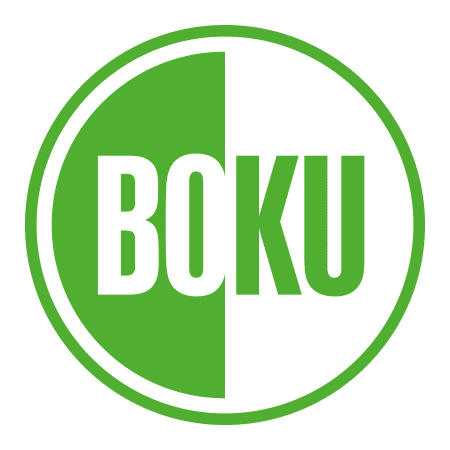Professor Margit Laimer and her team are investigating how an Arctic plant was brought back to life after 32,000 years. Revived from ancient seeds by Russian scientists after they were found frozen 124 feet below permafrost and then regenerated in glass vials, these seeds of the silene stenophylla could be the key to uncovering the secrets to such long survival. It is adding one more piece of knowledge for mankind to protect croplands better.
Microbiologist Guadalupe Piñar has identified fungi, bacteria, and human DNA on some of Leonardo da Vinci’s most famous drawings. Some of the particles on the Autoritratto and Uomo della Bitta, for example, have been around since the Renaissance. They include bacteria that live on human skin, an intestine-dwelling microorganism and a pneumonia-linked virus.
Now, for the first time, biosimulation expert Chris Oostenbrink is part of a team exploring the tiny molecular motions of key significance in modern anti-cancer drugs nivolumab and pembrolizumab. By docking onto a specific receptor of the killer cell, these immunotherapeutic drugs can prevent it from being switched off by the cancer cells.
Biotechnologist Markus Schosserer is working in a multidisciplinary team to study the interaction of metabolism, cellular communication and cellular quality control in environment-related skin aging. They are analysing, at a cellular level, how the mechanisms that contribute to skin aging interact with one another, with the greatest possible optical, chemical and biochemical precision. They also plan to find simple, quick and painless methods to track skin aging phenomena in healthy people. “Apart from our academic interest in new, non-invasive methods for studying skin aging, these techniques will greatly simplify the testing of new skincare products in the future,” says Schosserer.

BOKU researchers are exploring how to overcome some of the planet’s greatest challenges. Source: BOKU University of Natural Resources and Life Sciences
The above represent just a sampling of the dynamic research activities taking place at BOKU University of Natural Resources and Life Sciences, Vienna. Founded in 1872, BOKU is today home to some of the region’s brightest minds bridging the gaps between scientific, technical, and socio-economic topics. Their goal? Solving the world’s biggest challenges.
As the above examples show, the university is well on its way to realising this. Key to this success is its distinctive suite of research offerings.
Start with its research departments. Initiatives here stimulate collaboration. This leads to networking opportunities in its PhD programmes and doctoral schools. This, in turn, forges new quality standards for all students, which then ensures they are able to compete with the best minds, regionally and internationally.
Secondly, its focus on sustainability. BOKU’s research areas centre around the security and sustainable use of natural resources. These include: preservation and development of the environment and quality of life; management of natural resources and the environment; as well as safeguarding food and health. They are characterised by that “BOKU edge,” i.e. developing long-term, practice-oriented strategies, internationality and inter- and transdisciplinarity.
Consider also its multitude of support for researchers. Appropriate financing and the right manpower are just two of the many ways BOKU’s service units help researchers. These units ease the process by answering the questions that crop up along the way — Who signs contracts? What happens when the project is over? — as well as the many other questions regarding the acquisition and processing of third-party funded research projects.
All of the above would amount to nothing without BOKU’s dialogue between science and society. Here, as new ideas that contribute to improved diagnostics, more efficient renewable resources and the development of new active substances emerge, there are a myriad of approaches that ensure these discoveries and findings are transferred to society.
International and multidisciplinary master’s programmes
BOKU offers English-language master’s programmes in Biotechnology, Mountain Forestry as well as Water Management and Environmental Engineering, to name a few. They are distinctive in several ways. For example, they follow the three-pillar principle, central to every BOKU programme, where the sum of the compulsory and elective courses must be made up of at least 15% Technology and Engineering, 15% Natural Sciences and 15% Economic and Social Sciences, Law. These are then complemented by a master’s thesis and a unique array of elective courses.
Robust partnerships allow BOKU to provide English-language master’s programmes jointly with one or more Life Science and Technical Universities within Europe and Africa. These include: European Master in Animal Breeding and Genetics; Sustainability in Agriculture, Food Production and Food Technology in the Danube Region – Danube AgriFood Master; European Forestry; Horticultural Sciences; International Master in Soils and Global Change; Limnology and Wetland Management.

Buddies offer support to new international students from the moment they arrive on campus. Source: BOKU University of Natural Resources and Life Sciences
It also offers the following master’s programmes in partnership with the Euroleague for Life Sciences (ELLS), a network of leading universities cooperating in the fields of Natural Resource Management, Agricultural and Forestry Sciences, Life Sciences, Veterinary Sciences, Food Sciences, and Environmental Sciences. They include: EnvEuro – Environmental Sciences – Soil, Water, Biodiversity; NARMEE – Natural Resources Management and Ecological Engineering; EUR-Organic – Organic Agriculture and Food (Systems); as well as SIFC – Safety in the Food Chain.
That’s not all. These premier programmes are complemented by a fun and supportive Buddy Network. “A Buddy is an advisor to a student who has never been in Vienna,” explains Denisa, a Buddy from Slovakia.
Through this network, Austrian students help their international colleagues with their first steps at BOKU and in Vienna. From dealing with pandemic-related restrictions and overcoming culture shock moments to offering directions to the nearest stationery shop on a Sunday, they are there to guide or solve any difficulties an international student may face.
Sachin, an incoming student from Nepal, says a Buddy is a “friend or companion.” Danish student Rikke calls them “a helper, or one who introduces you to the university.” Emmanouil from Greece describes a Buddy as “a friend, or someone who will help you no matter what and who you can always count on, when you want to go out for a couple of pilsners, say, and have a great time.”
To learn more about one of Europe’s leading premier research universities, click here.
Follow BOKU University of Natural Resources and Life Sciences on Facebook, Twitter, Instagram, YouTube and Flickr











